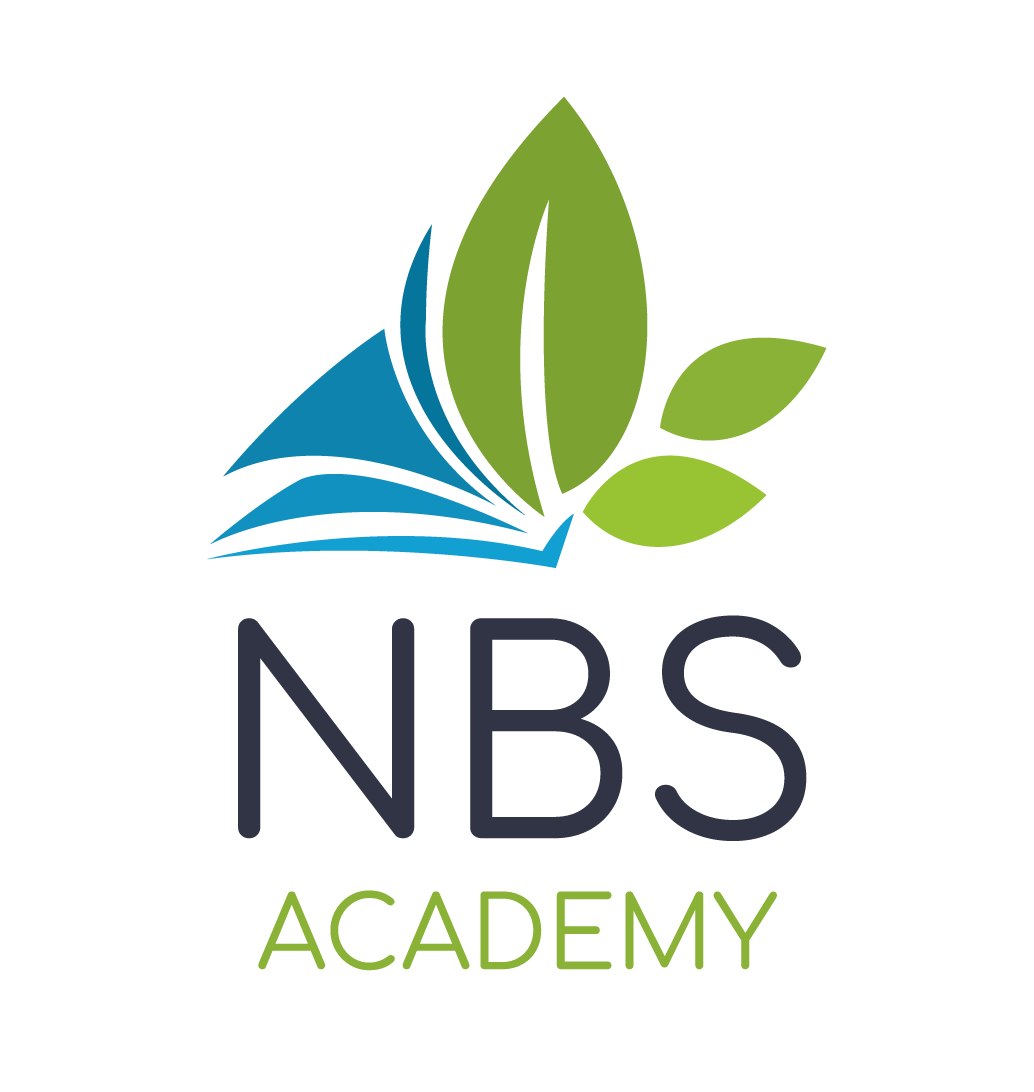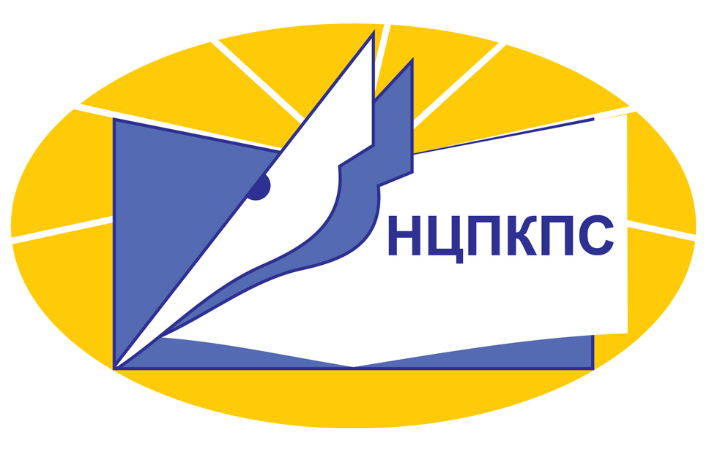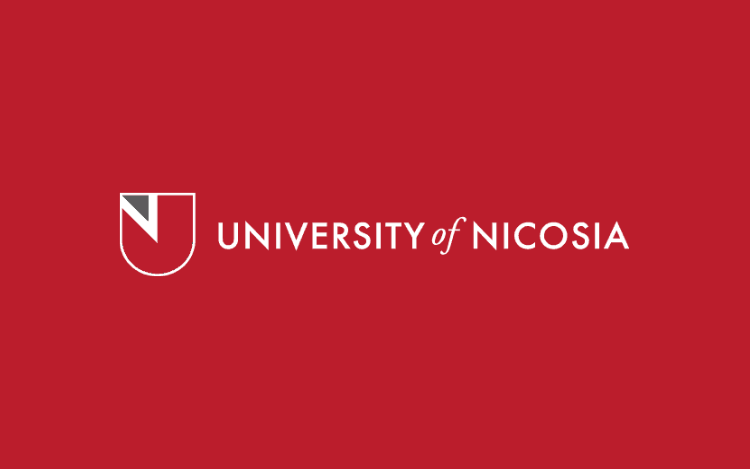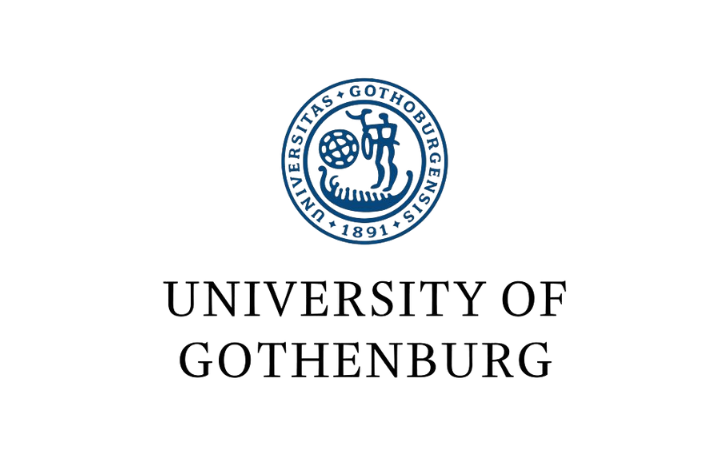
Stimmuli is a non-profit organisation specializing in the field of innovation and school education. The organization employs a mix of cross-disciplinary research methods to foster innovation in education and produce new knowledge, tools and evidence for academic, policy and practice communities. STIMMULI designs and implements EU-funded projects (Erasmus+, H2020, AMIF, VEDA) in all education levels, with spacial focus on teacher training and professional development of educators as a means to introduce innovative educational approaches at schools.
European Schoolnet is the network of 34 European Ministries of Education, based in Brussels. As a non-profit international organisation, we aim to bring innovation in teaching and learning to our key stakeholders: Ministries of Education, schools, teachers, researchers, and industry partners. We are driven by our mission to support education stakeholders in Europe in the transformation of education processes for 21st century digitalized societies. We do this by identifying and testing promising innovative practices, sharing evidence about their impact, and supporting the mainstreaming of teaching and learning practices aligned with 21st century standards for inclusive education. Since its founding in 1997, European Schoolnet has used its links with education ministries to help schools become effective in the pedagogical use of technology, equipping both teachers and pupils with the necessary skills to achieve in the digital society.
Ecosystem Europe Association (EEA) was born in late 2013 because of a growing need to get young people to think about their future and prepare them to meet the challenges of tomorrow. The organisation’s team brings much experience in various projects and initiatives, with a track record in developing and adapting various educational programmes targeted at schools, educators and students, being at the forefront of educational innovation in Bulgaria regarding the intersection of education and sustainability, and NBS in particular. Ecosystem Europe members act in a dynamic environment in collaboration with local and international partners as well as with business and academia. This gives Ecosystem Europe the opportunity to actively motivate a change in traditional educational paradigms and understanding of sustainable development. The association has participated in Lessons from Nature, a project that for the first time presented principles of how nature works and inspired young learners to translate them into design solutions for human created models and system. Also, it has developed the first ever, specially designed for schools, carbon footprint calculator for Bulgaria ( https://www.bre.co.uk), which has been adopted by over 40 schools.
NCIQPS (BG) is a leading national public institution in the area of ITE (Initial Teacher Education) and CPD (Continuing Professional Development) of teachers and school directors. It is the only organisation in Bulgaria secured by state funding, which develops policies for initial and continuous training of pedagogical specialists. It implements state policies in multiple areas such as: initial training, upgrading and continuous training on new curricula in different subjects; affirmation of teachers’ professional competences as a key for sustainable and creative environment in the pre-school and school education; provision of equal opportunities for professional development of pedagogical specialists through inclusion in introductory and supportive training; promotion of successful models and practices of quality training of pedagogical specialists.
Founded in 1669, the Leopold-Franzens University Innsbruck is the largest university in the western part of Austria with 16 Faculties of which the Faculty of teacher education is one. Located at a traditional north-south crossroads connecting Europe, we are oriented internationally while positioned locally and host 27.000 students. The Department of Subject-Specific Education was founded in 2012 and unites the subject-specific education of future teachers. It is divided into three sections: Science, Geography, Computer Science, and Mathematics Education; Language Education including English, French, German, Italian, Russian and Spanish; History, Social Studies and Civic Education. All of them are characterised by a research- and theory-based approach to teaching which emphasises the importance of providing a scientifically and empirically substantiated education for specialised teachers at upper and lower secondary levels.
The University of Nicosia (UNic) is the largest private university in Cyprus with some 180 full time faculty and 90 part time in a variety of undergraduate and post-graduate programmes. The School of Education offers 4-year bachelor degrees in Primary and Pre-primary Education, 2-year MA degrees in Education and a 3-year PhD program in Education. The Department of Education at the University of Nicosia has extensive experience participating in EU funded projects. We are experienced coordinators and participants of projects funded by the EU with strong expertise in science education, socio-scientific issues, sustainable development, technology based learning, teacher development, qualitative and quantitative methods, and curriculum design and development. Faculty from our Department of Education have published widely in scholar journals, especially in the fields of science education and sustainable development, curriculum and teacher development that are the main areas of the proposed project. UNic participates in the NBS Teacher Academy through the InSSTE Research Center of the Department of Education.
Justus-Liebig-Universität Giessen (JLU) was founded in 1607. With around 28000 students and 11 faculties, the university is prepared to meet any future challenges. The university has established strategic international partnerships in seven regions, namely Australia, Europe (with a focus on Eastern Europe), Columbia, Southern Africa, Wisconsin (USA), China and South Asia. JLU has been successful in the framework of national programs for the promotion of good teaching practice and for the promotion of young academics and equal treatment. In addition to a wide range of courses, it offers a focus and huge variety in the field of life sciences: human and veterinary medicine, agricultural, environmental, and nutrition sciences as well as food chemistry. At JLU, which offers the most comprehensive range of teacher training programs for all types of schools in the federal state of Hesse, the high demand for Education for Sustainable Development (ESD) in teacher training programs is met by the university sustainability strategy, extensive school networks and cooperation with extracurricular places of learning – such as the Old Botanical Garden (founded 1607) and the science center Mathematikum. In the Institute for Biology Education at JLU, which trains around 180 biology student teachers every year, ESD plays a central role in both research and teacher training.
The University of Gothenburg (UGOT) and especially the Department of Pedagogical, Curricular and Professional Studies is actively involved in the development and running of a large teacher training programme in both natural sciences and technology and social sciences and humanities. The University extensively uses the CoP (Community of Practice) approach and other working practices in its programmes, while the Design-Based-Research is a common framework for their classroom research. Besides that, UGOT is proactive in its work with sustainability and has embedded sustainability in its courses through an ongoing workshop-based, accreditation process with teachers and course leaders.
The University of Thessaly, with 37 Departments, and 8 schools is a University with its own identity and with a prominent position in our national educational system. The University of Thessaly provides undergraduate and postgraduate programs and extra-curricular modules in specific research and business fields, for over 43.000 students. The main mission of the University of Thessaly is the promotion of scientific knowledge through research and the contribution to the cultural and economic development of the local community and wider society. The Department of Primary Education was established in 1985, and the first group of students enrolled in the academic year 1988-89 and belongs to the Faculty of Humanities. The experienced team of UTH has participated with great success in a large number of programs related to Teachers’ training, human rights, NEETS enhancement and support, innovative educational material production training, social inclusion, entrepreneurship, mobility and well-being. Project initiatives are highly supported by the University of Thessaly emphasizing and revealing the unique character they provide.










